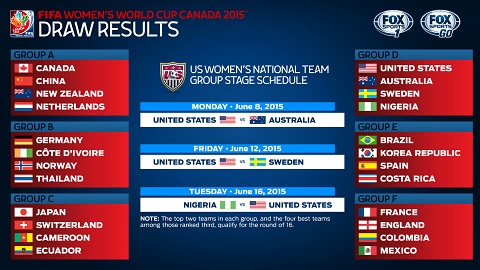While there are countless articles of insight and speculation regarding the future of Arsenal Football Club sans Monsieur Henry floating around, there are fewer taking on the issue of how his £16million move to Barcelona affects the nature of the transfer market in international football.
Thierry Henry is a player that any manager would love to have. There is no doubt about his skill with the ball, pace, and scoring prowess – over his decorated eight year span at the club he fit right in to the now-famous “Arsenal style of play.” Henry himself eluded to it when he said of his new club, ‘Barcelona play the Arsenal way;’ that free-flowing ground game of uncanny vision and passing was exactly what Henry needed when he was lured to Arsenal by fellow Frenchman, Arsene Wenger.
And what Henry received from his teammates, he returned tenfold. In 364 appearances for the club, Tierry Henry scored 226 times. That makes an unbelieveable 0.62 goals per game average and he is now the greatest goalscorer in Gunners history. When he was in his top form it appeared he would just score whenever he wanted to. Over the last year however, his fitness has been thrown into doubt with the Parisian making only 17 appearances. This has been reflected in the transfer market with his valuation dropping significantly in just one year’s time from around £30million to the £16million paid by Barcelona. The Catalonian club will be hoping that last season’s niggling injuries were just some bumps in the road for the soon-to-be 30 year old. If that turns out to be the case, the price tag will be a bargain.
It has become clear that Henry’s inital decision to move to Arsenal and career at the north London club shows a type of loyalty to one’s friends rather than to one’s club. The difficult decision to leave holds true to that loyalty. With the tumultous departure of his admired friend and director David Dein having taken place, and threats of needless takeovers coming in from overseas, Henry seemed more and more unsettled. The reluctance of his friend and mentor Wenger to sign a contract extension commiting himself to the club was just one more straw added to the camel’s back. Henry wanted to escape before it broke; his friends were growing fewer and fewer.
Having said that, the time comes in every player’s career when it’s appropriate to move on, but I would argue (as Jon Carter of ESPN Soccernet has) that Henry’s historic transfer sets a precedent.
An interesting key word which has swirled around all of this is ambition. Evidently, another major reason Henry left Arsenal was because the club was not showing enough ambition in signing big names and making a push for his career’s crowning glory, the Champions League title, which has proven heretofore elusory. As has been stated elsewhere, if Arsenal FC were not trying hard enough to keep Henry, why should Walcott, or Ljungberg, or Fabregas stay?
This opens the floodgates for a new wave of pressure to be put on clubs. Added to the pressures of enticing international moguls to inject massive amounts of cash, making your club marketable accross the globe as a brand, and competing in multiple competitions, modern clubs must now prove to their own players that they are worthy of their talent?
According to common sense, all those things should go hand-in-hand and that question would answer itself. But according to the Henry effect, actually excuting all of those steps simultaneously might prove impossible even for the most wealthy and storied clubs.



